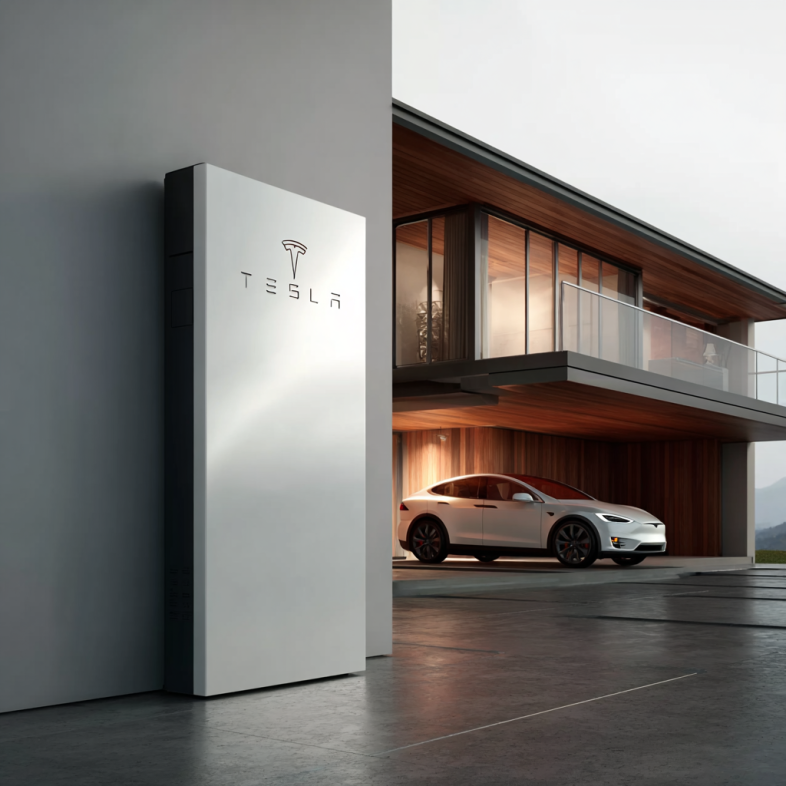Solar Panel Payback Time in the UK: How Long Until It Pays for Itself?
- Sunny Rise Renewable
- Sep 10, 2025
- 4 min read
As energy prices continue to surge across the UK, homeowners are actively seeking solutions to cut their bills. Solar panels have become a popular choice, offering the potential for lower energy costs and a more eco-friendly lifestyle. However, many still ask: “How long will it take to recoup my investment?” In this blog post, we will explore the concept of payback time for solar panels, giving you the insights you need to make an informed decision about this investment.
Understanding Payback Period
The payback period is a simple concept that reflects the time it takes for your investment to generate sufficient savings to cover its initial cost. For solar panels, it is calculated by dividing the total cost of the solar system by the annual savings on your energy bills.
For instance, if you install a solar panel system for £5,000 and save £1,000 a year on your electricity bills, your payback period would be five years. Knowing the payback period is essential for homeowners considering solar energy, as it helps you assess the investment's financial feasibility.
Average Payback Times in the UK
In the UK, the average payback time for solar panels typically ranges from 6 to 10 years. This range can be influenced by various factors, such as system size, household energy use, and the choice of battery storage.
For instance, in Essex, where sunshine is more abundant, larger systems can yield quicker returns. A larger solar system installed on a home with high energy consumption may realize a payback period closer to six years, while smaller installations on properties with lower energy demands might take around ten years.
Key Influencing Factors for Payback
Several factors significantly impact the payback period for solar panels:
System Size: Larger systems can produce more electricity, leading to higher savings.
Household Energy Usage: The more electricity you consume, the more you can save by generating your own.
Battery Storage: Including a battery allows you to store excess energy for later use, extending your overall savings.
Smart Export Guarantee (SEG) Payments: By exporting surplus energy back to the grid, you can earn extra income through SEG payments, improving your payback time.
Local Electricity Rates: Higher costs of electricity boost your savings when using your generated power.
Roof Orientation: Properties with south-facing roofs generally receive more sunlight, boosting energy production.
By understanding these factors, you can better estimate your potential payback period.
Comparing Solar Panels With and Without a Battery
Homeowners often weigh the pros and cons of a standard solar system versus one that includes battery storage.
Without a battery, a typical solar system will generally have a payback period of 6 to 10 years. However, including a battery tends to increase the payback period slightly, extending it to around 8 to 12 years.
While this longer timeframe might seem unappealing, consider the benefits of a battery. It enables you to make the most of the energy you produce, leading to reduced reliance on the grid and greater long-term savings. Additionally, batteries offer backup power during outages, adding extra value for many homeowners.
Estimating Annual Savings
To illustrate potential savings, let’s consider a typical 3-bedroom home in Essex with a solar panel system featuring 10 to 12 panels.
Such a system can save homeowners between £800 and £1,200 annually on their electricity bills. The exact figure depends on various elements, including energy consumption, system size, and battery usage.
For example, a family that is predominantly at home during the day and uses considerable energy for appliances and heating might save roughly £1,200, while another family with a less intensive energy use could save closer to £800.
Exploring Government Incentives & VAT Relief
The UK government offers several incentives to motivate homeowners to invest in solar energy. Currently, there is zero VAT on solar panel installations, which can significantly lower the upfront cost.
Additionally, the Smart Export Guarantee (SEG) permits homeowners to earn money by exporting surplus energy back to the grid. This can bring an additional income stream, further enhancing the payback period for your solar investment.
It is crucial to stay informed about government schemes, as they can change frequently and may provide new opportunities for savings.
The Long-Term Value Beyond Payback
While the payback period is a critical factor, it’s equally vital to consider the long-term value of solar panels.
Most solar panels come with warranties of 25 years or more, protecting your investment for decades. Furthermore, solar installations can boost your property's value, making it more appealing to prospective buyers.
Generating your electricity offers a degree of energy independence, especially as energy prices fluctuate. Over time, homeowners who invest in solar often find the long-term benefits far outweigh the initial costs.
Real-World Case Study
Consider the Smith family from Essex, who installed a 4 kW solar panel system for about £6,000.
With their specific energy consumption and prevailing local electricity rates, they save around £1,000 per year on their energy bills. They also chose to include a battery in their setup, allowing them to use more of the energy they generate.
With SEG payments factored in, the Smiths anticipate that their total savings and earnings will cover their initial investment in just 7 years. After that, they will benefit from nearly free electricity for years, all while contributing to a cleaner environment.
Final Thoughts
Solar panels offer a unique opportunity for homeowners to make an eco-conscious investment that can pay for itself over time. With average payback times in the UK ranging from 6 to 10 years, and various factors influencing this duration, it is crucial for homeowners to assess their individual situations.
By investing in solar energy, you take charge of your energy costs while also supporting a sustainable future. As energy prices continue to climb, now is the perfect time to consider the benefits of solar panels for your home.

.jpg)





Comments